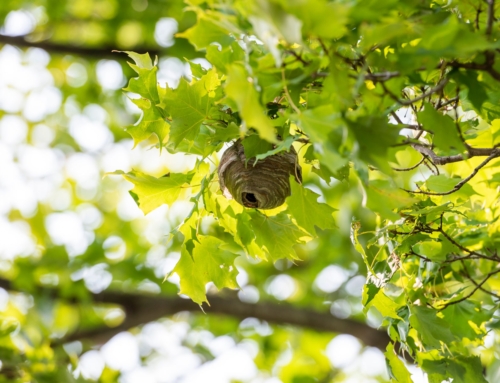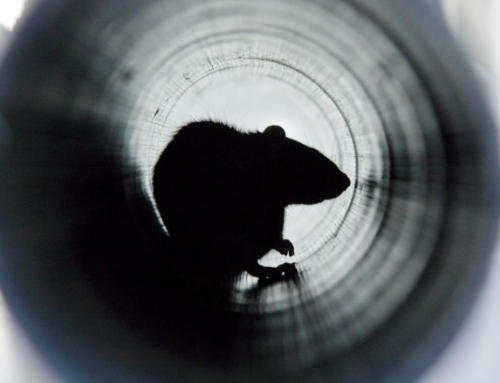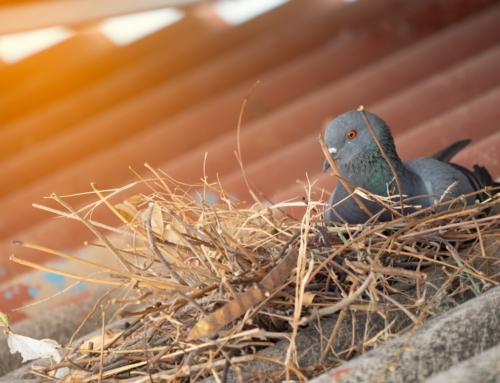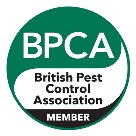What to do if you find bed bugs in your home?
Have you heard that UK bed bugs are on the rise? Unfortunately, we’re seeing more bed bug infestations in recent months, and it’s a particularly challenging problem to have as it’s rarely spotted until you have a rapidly spreading infestation on your hands. While tiny bed bugs are common household pests, they can be stressful to deal with, so if you suspect their presence at your home, it’s important to take action.
Here are some top tips for what to do if you find bed bugs at your property and how to prevent the problem from recurring.
How do you know if you have bed bugs?
Identifying a pest problem is the first step to addressing the issue, so look out for some of the most common signs of bed bugs.
Many people first notice a bed bug problem when they experience bites and rashes on their skin, typically occurring in clusters or lines in exposed areas of the body while you sleep. You may also spot small red-brown blood stains on your pillowcases and bedding.
Bed bugs also tend to leave faecal stains on mattresses and linen, found in groups of dark brown spots. Severe bed bug infestations can also produce sweet, musty odours (slightly almond-smelling) in your bedroom when they emit what’s known as ‘alarm pheromones.’
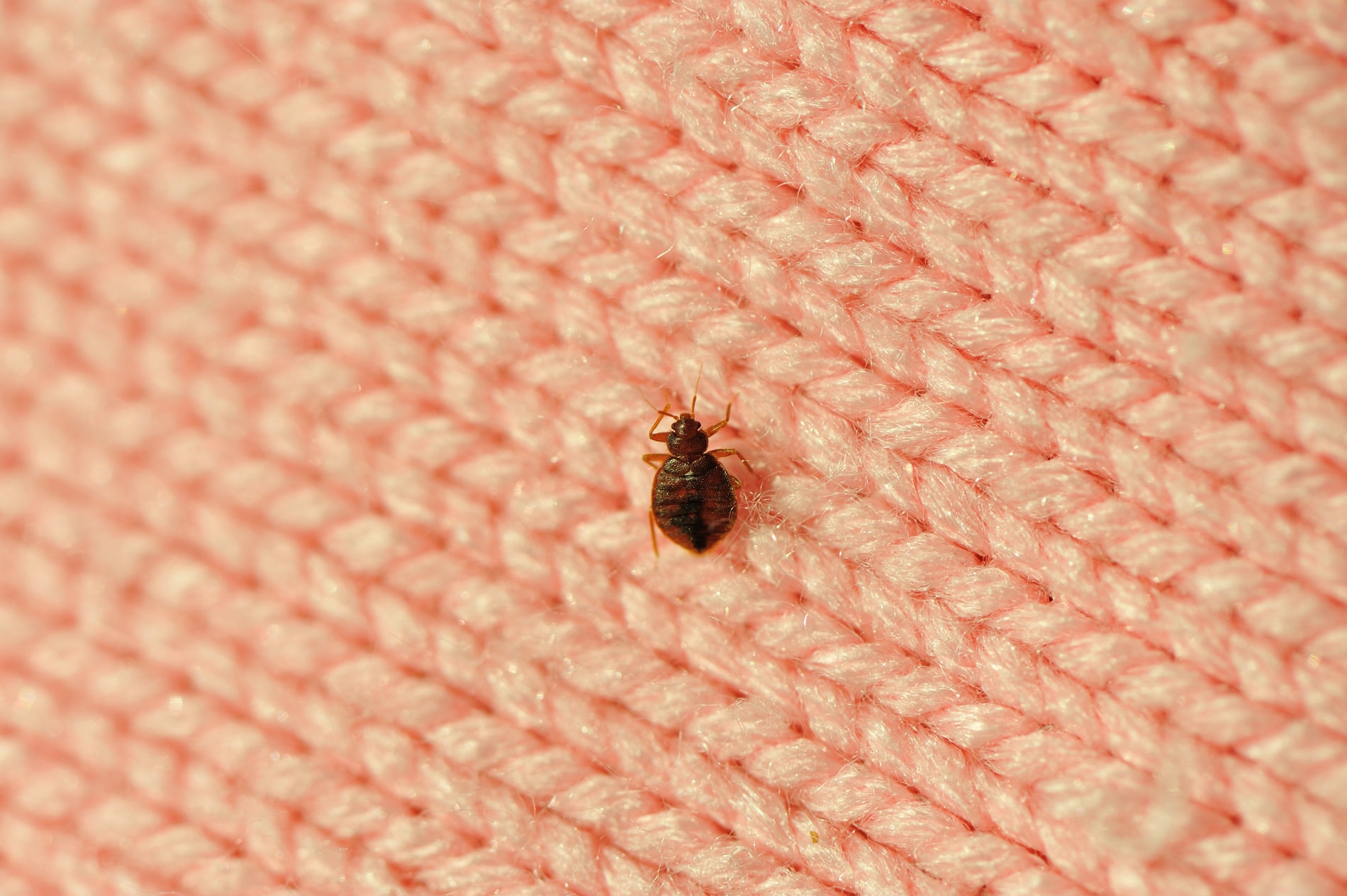
Does one bed bug mean there’s an infestation?
Discovering a single bed bug can be alarming, but it doesn’t necessarily indicate a full-blown infestation. Bed bugs are skilled hitchhikers, so one bug may have been transported from elsewhere. However, it’s crucial not to ignore it and to act promptly.
If you think you’ve spotted a bed bug, thoroughly examine your bedroom, including furniture and nearby areas for additional signs of an infestation. You’ll need to monitor the situation, and you should call a pest controller to perform an inspection.
How can you get rid of bed bugs?
Once you know you have a bed bug problem, there are some key ways to get rid of these pests. Firstly, wash and dry all your bedding, curtains and clothing on a high-temperature setting to kill the bed bugs and their eggs. You should also thoroughly vacuum your bedroom furniture, mattresses and crevices where the bugs may be hiding.
While these are simple steps you can take at home, bed bug infestations are incredibly hard to tackle without professional help. Therefore, ask a pest controller to take action on your behalf, including heat treatments and insecticides.
Find out more about how to treat bed bugs.
Can you prevent bed bug problems?
If you’re worried about recurring bed bug problems, there are some things you can do to prevent them. Frequently check your bedding, furniture and other potential hiding spots for bed bugs, as early detection can stop a minor issue from turning into a major infestation.
It’s important to check for entry points to achieve a bed bug-free environment, as these tiny pests are only 4mm in size and can find their way through small openings. That’s also a benefit of decluttering regularly, minimising hiding spots.
You should also be wary after travelling, as you can pick up bed bugs anywhere from public transport to hotel rooms.
Call our pest controllers for more bed bug advice
If you think you have a bed bug problem, call our pest control team. We work throughout the South East, from Chelsea to Chessington.
Call now on 07951 228 778 or email info@effectivepestsolutions.co.uk for more advice.

